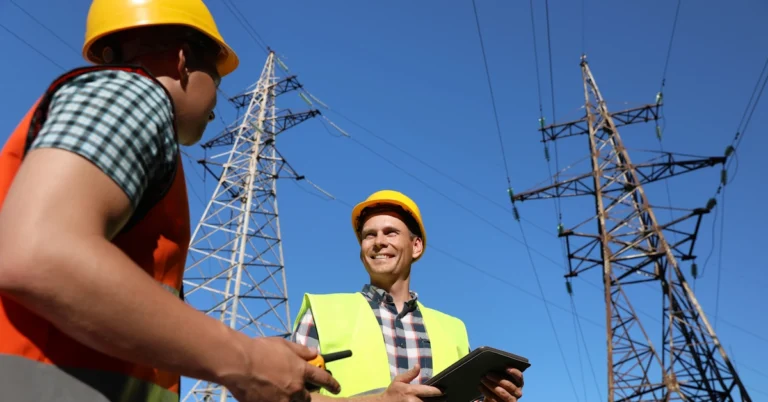Advancing Energy Security through Comprehensive Training Programs
Energy security means having a reliable and steady supply of energy to meet our everyday needs like powering homes, businesses, schools, and hospitals. Without it, our daily life could be interrupted. That’s why governments and companies around the world are investing in better systems and people to protect and manage energy supplies.
One of the best ways to improve energy security is through strong training programs. These programs help workers learn how to manage energy systems, respond to problems, and use new technologies safely and effectively. Read on.
What Are Comprehensive Training Programs?
Comprehensive training programs are more than just basic job training. They provide full, in-depth lessons and hands-on practice for workers who manage complex energy systems. These programs often include:
- Classroom learning
- Real-world simulations
- Safety training
- Updates on new technologies
Training is tailored to different jobs-from technicians to engineers to safety managers. This ensures everyone knows how to keep systems running smoothly and handle emergencies.
The Role of Technology in Energy
Technology is changing how we produce and use energy. Solar panels, wind turbines, smart grids, and high-voltage battery systems are just a few examples. These tools help us use cleaner, renewable energy and make our energy systems more flexible and reliable.
However, they are also complex. For example, high-voltage battery systems require special knowledge to install, monitor, and repair. That’s why high-voltage battery systems training programs are essential. They teach workers how to handle these systems safely and correctly reducing risks and avoiding power failures.
Keeping Up with New Challenges
Today’s energy world is full of new challenges. Climate change, cyber threats, and aging infrastructure can all put our energy supply at risk. Training programs must keep up with these challenges.
For example, many programs now include training on:
- Cybersecurity for power grids
- Emergency response to natural disasters
- Environmental protection rules
- Data monitoring and analysis
With this knowledge, energy workers are better prepared to respond to problems and keep energy flowing when it matters most.
Global Efforts to Improve Energy Training
Countries around the world are working to improve their training programs. In the U.S., many energy companies partner with colleges and trade schools to offer hands-on learning. In Europe, some countries offer national certification programs for energy workers.
These efforts help build a skilled workforce that can respond to emergencies, use energy wisely, and support clean energy goals.
The Importance of Ongoing Learning
Energy systems are always changing. That’s why learning can’t stop after one training session. Workers must continue to learn throughout their careers. This is called “continuing education.”
Some ways to support ongoing learning include:
- Online courses
- Certification renewals
- Safety refreshers
- On-the-job mentoring
This keeps everyone up to date with the latest tools, laws, and safety practices.
Energy Security Through Strong Training Programs
Strong training programs are the foundation of energy security. They prepare workers to use new technologies, manage challenges, and protect critical systems. With skilled people in charge, we can keep our energy systems safe, reliable, and ready for the future.
Whether you’re a company leader, a teacher, or someone looking for an energy career, investing in training is a smart step forward. Together, we can build a stronger energy future for everyone.
Did this article help you? Browse our blog for more interesting topics.

